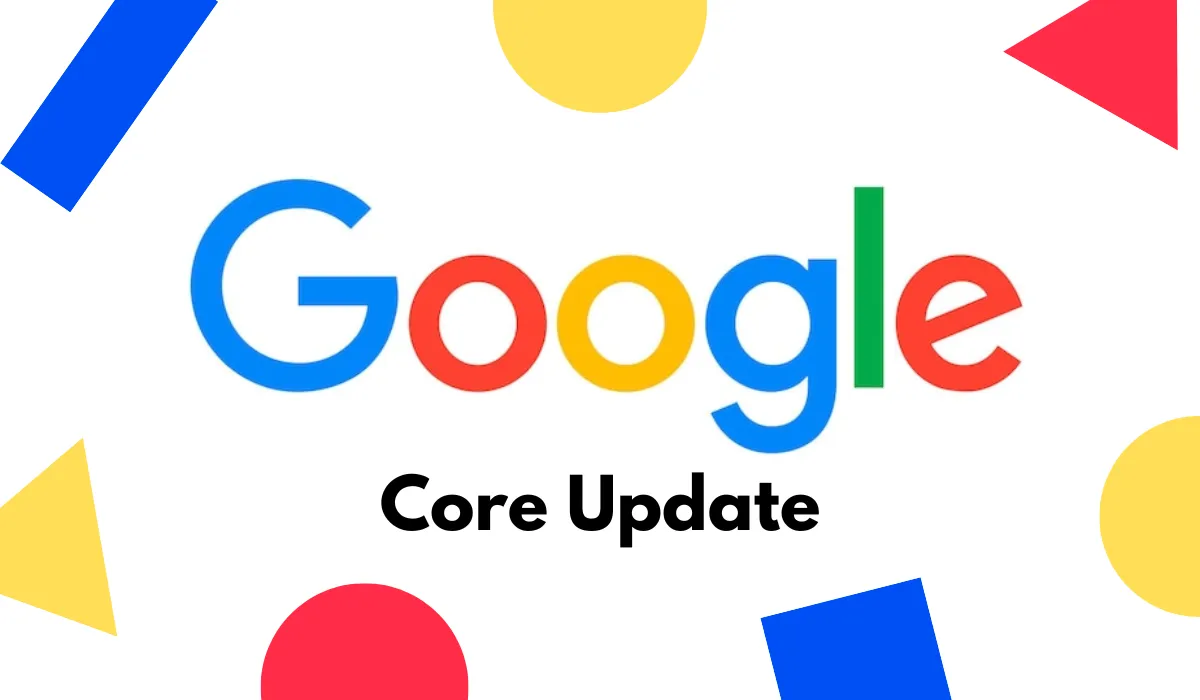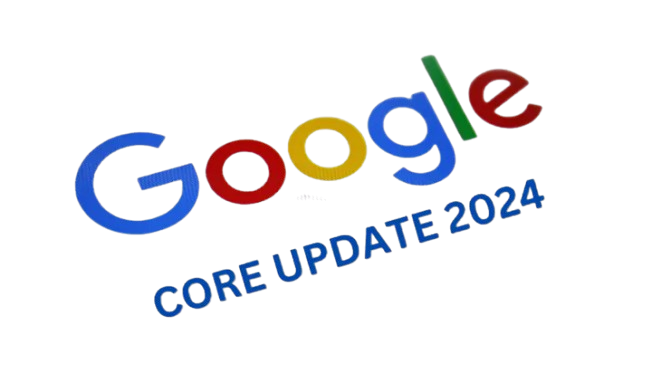
Do you want to know major core updates in Google’s algorithm? In this guide, we explain the key algorithm updates that shaped search rankings. Learn how these changes affect SEO, content, and your website’s visibility on search engines.
Table of Contents
2011 – Panda
Risks: Penalizes websites with thin or duplicate content.
How It Works: Panda assigns a quality score to webpages based on content relevance and originality, impacting rankings.
How It Maintains: Panda regularly refreshes to identify low-quality content. Websites must ensure unique, valuable content to maintain rankings. Content audits and keyword relevance checks help align with Panda’s quality criteria, protecting sites from penalties.
2012 – Penguin
Risks: Targets unnatural, spammy backlink practices.
How It Works: Penguin analyzes link quality, focusing on the relevance and authority of sites linking to yours, impacting rankings.
How It Maintains: Websites need natural backlink profiles with high-quality links. Regular backlink audits help identify and disavow spammy links. Maintaining a diverse and reputable backlink profile keeps websites safe from Penguin penalties.
2013 – Hummingbird
Risks: Affects sites with irrelevant or keyword-stuffed content.
How It Works: Hummingbird emphasizes user intent, focusing on natural language processing to deliver precise search results.
How It Maintains: Quality content that matches user intent is key. Implementing conversational keywords, topic clustering, and semantic SEO strategies enhances relevance and intent-match for queries, aligning with Hummingbird’s goals.
2014 – Pigeon
Risks: Lowers visibility for businesses with inaccurate or missing local details.
How It Works: Pigeon improves local search by connecting search results with location, enhancing local relevance.
How It Maintains: Accurate business listings, local keywords, and strong location-based content are essential. Managing Google My Business profiles and obtaining local backlinks maintain Pigeon’s local ranking boost, ensuring proximity relevance.
2015 – Mobile Update (Mobilegeddon)
Risks: Penalizes websites not optimized for mobile.
How It Works: This core update prioritizes mobile-friendly sites in mobile search results, improving user experience on mobile devices.
How It Maintains: Mobile responsiveness, fast load times, and user-friendly layouts are critical. Sites should regularly test mobile usability to meet Google’s mobile-friendly criteria, preventing ranking losses on mobile searches.
2015 – RankBrain
Risks: Affects sites with low-quality or poorly relevant content.
How It Works: RankBrain uses machine learning to interpret user intent, adjusting rankings based on relevance and user satisfaction.
How It Maintains: High-quality, user-focused content is crucial. Understanding user queries, optimizing for intent, and improving on-page metrics, like click-through rate, ensures alignment with RankBrain’s preferences.

2016 – Possum
Risks: This can decrease visibility for businesses with duplicate listings.
How It Works: Possum refines local search, focusing on location-based filters to enhance local business visibility.
How It Maintains: Businesses must maintain accurate NAP (Name, Address, Phone) information and unique local listings. Avoiding duplicate listings and updating local SEO factors helps sustain local search relevance.
2018 – (Mobile) Speed Update
Risks: Penalizes websites with slow mobile load speeds.
How It Works: This core update prioritizes fast-loading sites in mobile search results to improve user experience.
How It Maintains: Optimize mobile site speed using compressed images, caching, and AMP. Regular performance checks with PageSpeed Insights help identify areas for speed improvement to meet Google’s standards.
2018 – Medic
Risks: Targets low-quality Your Money (YMYL), Your Life content.
How It Works: Medic emphasizes the quality of health, finance, and other life-impacting content, prioritizing expertise, authoritativeness, and trustworthiness.
How It Maintains: High E-A-T (Expertise, Authoritativeness, Trustworthiness) content is critical. Featuring qualified authors, citing reliable sources, and aligning with YMYL guidelines helps maintain rankings in Medic-related industries.
2019 – BERT
Risks: Affects sites that fail to meet complex search intent.
How It Works: BERT enhances understanding of natural language in searches, prioritizing content that accurately matches user intent.
How It Maintains: Content should address specific user queries in detail. Answering long-tail and conversational queries improves relevance, meeting BERT’s intent-focused approach.
2021 – Page Experience Update
Risks: Penalizes sites with poor user experience metrics.
How It Works: This update incorporates Core Web Vitals (loading, interactivity, visual stability) into ranking, focusing on page experience.
How It Maintains: Enhance load speed, ensure visual stability, and optimize mobile performance. Regularly assess site metrics using tools like Google Search Console to meet user experience standards.
2022 – Helpful Content System Update (EEAT)
Risks: Targets low-value, unhelpful content on websites.
How It Works: This system prioritizes content written by experts, offering genuine, useful information that meets EEAT (Experience, Expertise, Authoritativeness, Trustworthiness) standards.
How It Maintains: Content should provide real value, showcase expert authorship, and be updated regularly. Maintaining strong EEAT signals helps improve visibility and trustworthiness, aligning with this update.

Some Core Updates in the Recent 2 Years:
2023 Core Updates
March 2023 Core Update
Date: Started on March 15, 2023, and concluded on March 28, 2023.
Overview: The March 2023 update aimed to bolster Google’s ability to detect high-quality content and improve user search satisfaction. This update was more nuanced and targeted signals that measured content accuracy, user engagement, and overall relevance.
Impact: It affected several industries, with a strong focus on health, travel, and e-commerce websites. Sites that employed spammy practices or had thin content saw sharp declines.
Advice: Google emphasized the importance of understanding user intent and creating content that is informative, well-structured, and engaging.
August 2023 Core Update
Date: Rolled out on August 22, 2023, & completed on September 5, 2023.
Overview: This update focused on enhancing how Google evaluates website content quality and authority. It further aligned search algorithms with user expectations, particularly in light of shifting trends and updated search behavior post-pandemic.
Impact: Sites focusing on providing comprehensive, user-focused content gained better visibility. Those with outdated or low-quality content experienced drops.
Advice: Google reinforced that webmasters should continuously update and improve their content, ensuring it aligns with E-A-T guidelines and maintains relevance to user queries.
2024 Core Updates
March 2024 Core Update
Date: Started on March 12, 2024, and completed on March 26, 2024.
Overview: The focus of the March 2024 update was to adapt to changes in how users engage with search, including the increased use of voice search and AI-assisted queries. The update emphasized aligning content with more conversational and nuanced user search patterns.
Impact: Websites that optimized for structured data, voice search, and natural language processing saw benefits. Sites relying on basic SEO without adapting to changing search trends often lost visibility.
Advice: Google advised webmasters to leverage structured data and focus on natural, informative content that aligns with evolving user habits and search intents.

September 2024 Core Update
Date: Rolled out on September 10, 2024, and ongoing as of October 2024.
Overview: This update aimed to refine the search engine’s understanding of real-time user feedback and intent. The update considered evolving patterns in user behavior and emphasized the value of up-to-date, dynamic content.
Impact: Early reports indicated a focus on authoritative news sites, user-generated content platforms, and educational resources. Outdated content or pages with minimal updates were affected.
Advice: Google recommended regular content updates, enhanced use of user feedback, and deeper attention to content accuracy and freshness.
November Election 2024 Google Search Ranking Update
Overview: The 2024 U.S. election search update focuses on addressing the search behavior shifts during the election cycle, emphasizing the delivery of authoritative, real-time content to combat misinformation.
Impact: Many websites saw ranking volatility, especially in news and political niches. Google stressed the importance of accurate, trustworthy sources to maintain content quality and reliability during this time.
Advice: Content should be up-to-date, reliable, and align with E-E-A-T principles. Regular SEO audits and avoiding manipulative tactics are crucial for maintaining visibility and rankings.
So, it is important to stay updated on Google’s major algorithms to stay competitive in digital marketing. By adopting changes such as Panda, Penguin, and RankBrain, businesses can optimize their online presence and improve rankings.
